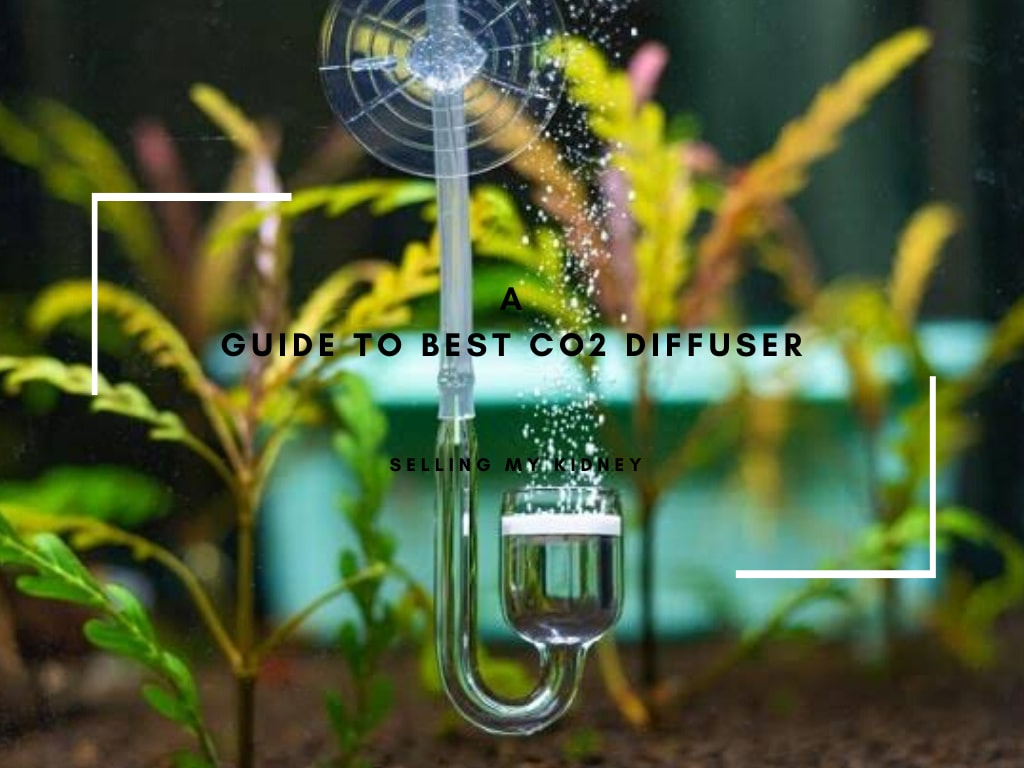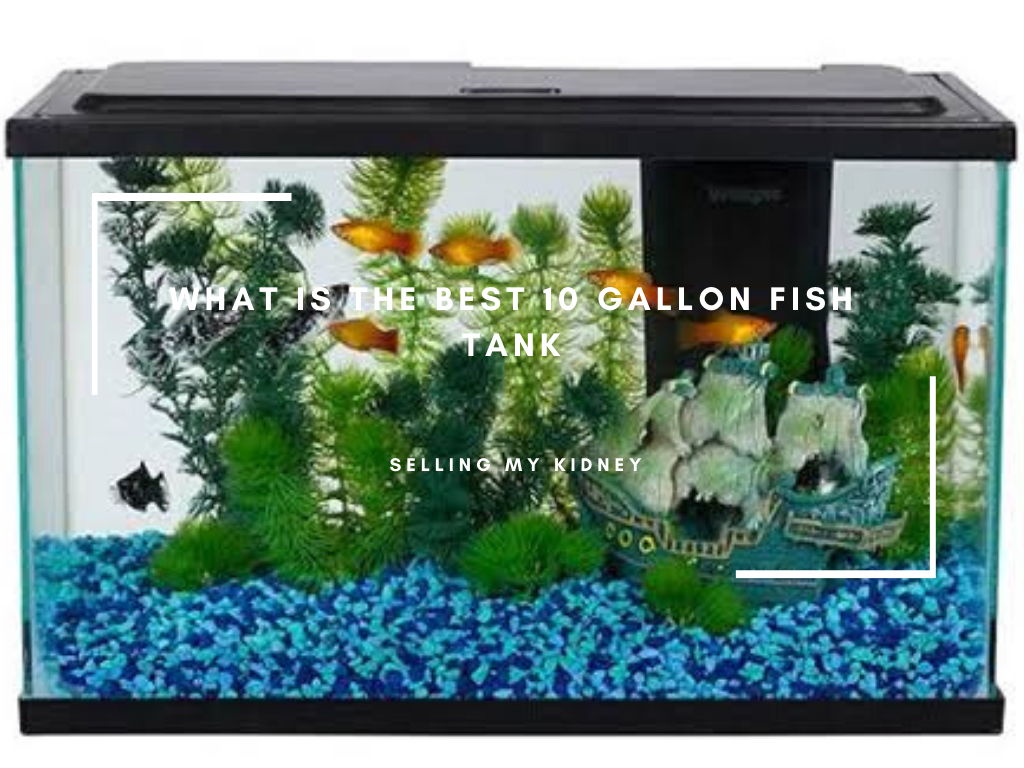Aquarium filter safety depends on several factors, such as:
- The type of filter used;
- Maintenance schedule;
- Quality of materials used in construction;
- The installation process was followed correctly.
Generally speaking, most filters can be considered safe when properly maintained.
This includes mechanical filtration (e.g., sponges), chemical filtration (e.g., activated carbon), or biological filtration (live bacteria).
Additionally, many modern models come with built-in features like automatic shutoff valves, further increasing their overall safety rating!
Safety Considerations For Aquarium Filters
Aquarium filters are an important part of keeping a healthy aquarium.
They help to keep the water clean and free from harmful bacteria, parasites, and other contaminants that can be dangerous for fish.
It is essential to consider safety when selecting an aquarium filter:
- Choose one with an appropriate flow rate – too much or too little will not provide adequate filtration;
- Make sure it has enough media capacity (carbon/biological). so you don’t have to change out frequently;
- Check if there’s any potential risk of electric shock due to faulty wiring or poor insulation on power cords;
- Ensure all parts fit securely together without gaps where debris could get trapped, causing blockages that may damage your pump motor over time!
- Lastly, ensure the filter has instructions on how to use it safely. This includes regular cleaning and replacing worn-out components, such as impellers, at regular intervals.
Potential Hazards And Risks Of Aquarium Filters
Aquarium filters are essential for keeping a healthy aquarium.
However, they can pose potential hazards and risks if not properly used.
Here is an overview of the most common dangers associated with using aquarium filters:
- Electrical shock – If your filter has electrical components, it’s important to ensure that all cords and plugs are in good condition before use. Otherwise, you could be at risk of electric shock or fire hazards.
- Leaks – Aquarium leaks can occur when water pressure builds up inside the tank due to clogged intake tubes or faulty seals on hoses/connectors leading from the filter system into your fish tank. This may cause flooding, damaging property and any living creatures within its path (including humans).
- Over-filtration – Too much filtration will create too strong currents in tanks, causing stress levels among aquatic life forms such as fish which need calm waters for their survival needs like oxygenation. That can result in death if left unchecked by regular maintenance checks and cleaning cycles every few weeks, depending on the usage intensity level.
- Clogging – Filter media should be changed periodically according to manufacturer instructions.
How To Use Aquarium Filters Safely?
Aquarium filters are an important part of keeping a healthy aquarium.
To use them safely, follow these steps:
- Read the instructions carefully before installing your filter, and make sure you understand how it works;
- Place the filter in its designated spot according to the manufacturer’s directions;
- Make sure that all parts fit securely together without any gaps or leaks;
- Check for clogs regularly by removing debris from intake tubes and cleaning out sponges as needed (replace every 3-6 months);
- Change water frequently – at least once per month – using dechlorinated tap water if possible;
- Monitor ammonia levels weekly with test strips to ensure they remain within safe limits (<0·25 ppm).
- Clean up spills immediately so no bacteria can grow inside the tank! This will help keep your fish happy & healthy!
- Finally, always unplug electrical equipment when not in use for safety reasons. This includes heaters, pumps & lights too!
How To Properly Maintain And Clean Aquarium Filters?
Maintaining and cleaning aquarium filters is important to keep a healthy tank.
Here are some tips to help you keep your filter in top condition:
- Clean the intake tube regularly, preventing debris from clogging up the system.
- Change out any carbon or other media every few months, as it can become saturated with waste over time.
- Check for blockages regularly. If there’s too much buildup, replace the entire unit instead of just trying to clean it yourself!
- Ensure all parts are securely fastened together, so they don’t break apart during operation.
- Rinse off sponges and foam pads periodically using dechlorinated water (or aged tap water) – never use soap or detergents when doing this!
This helps remove built-up dirt particles without damaging delicate biological filtration systems inside your filter housing units.
By following these simple steps, you’ll be able to ensure that your aquarium’s filtering system remains efficient and effective. It needs to remove harmful toxins from its environment while providing essential oxygenation for fish health & well-being!
What To Do In Case Of Emergency Related To Aquarium Filters?
In case of an emergency related to aquarium filters, it is important to take the following steps:
- Check for any visible signs of damage or malfunctioning parts, including hoses and tubing, for cracks or leaks.
- Make sure all connections are secure and tight so that water can flow freely through the filter system without obstruction.
- Clean out debris inside the filter housing and other areas, such as intake tubes and impellers, using a soft brush if necessary (but be careful not to scratch surfaces).
- Replace worn-out components with new ones when needed – these include media cartridges/pads, carbon blocks/granules, and foam pads which should be replaced every few months depending on usage levels & tank size, respectively).
- Check your manufacturer’s instructions regarding maintenance schedules & procedures before attempting repairs yourself. Some models may require professional servicing instead!
- Make sure you have extra replacement parts handy just in case something goes wrong during repair work so that you don’t have more problems than solutions!
In Summary: How Safe Is Aquarium Filter?
Overall, aquarium filters are very safe and effective.
They help keep the water clean by removing debris, bacteria, and other contaminants from your tank.
Additionally, they provide oxygenation to ensure that fish have a healthy environment in which to live.
With proper maintenance of an aquarium filter, you can be sure that it will continue working properly for years without any issues or problems arising from its use!
If used correctly with regular cleaning/maintenance, there should not be any safety concerns when using an aquarium filter. That makes them one of the best investments you could make for your aquatic life!




